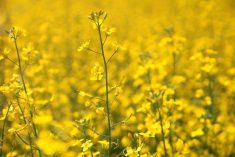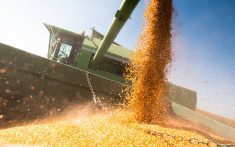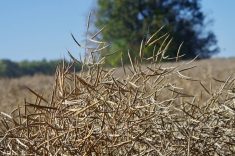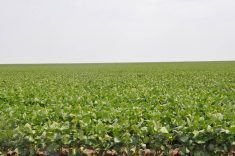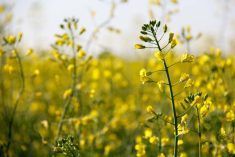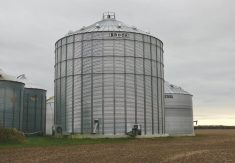MarketsFarm — Sharp increases in canola and other commodities are said to be coming to an end, according to analyst Errol Anderson of ProMarket Communications in Calgary.
Concerns stemming from Russia’s invasion of Ukraine have sparked huge gains, but there’s very likely a good amount of volatility ahead.
“The market is being really driven by emotions and that just can’t hold,” Anderson said. “Once that emotion settles down, the price will settle down.”
Ukraine and Russia are highly reliant on their Black Sea ports to ship their exports. Ukraine last week indefinitely suspended commercial shipping at its ports and Russian forces have since reportedly captured or were besieging several others.
Read Also
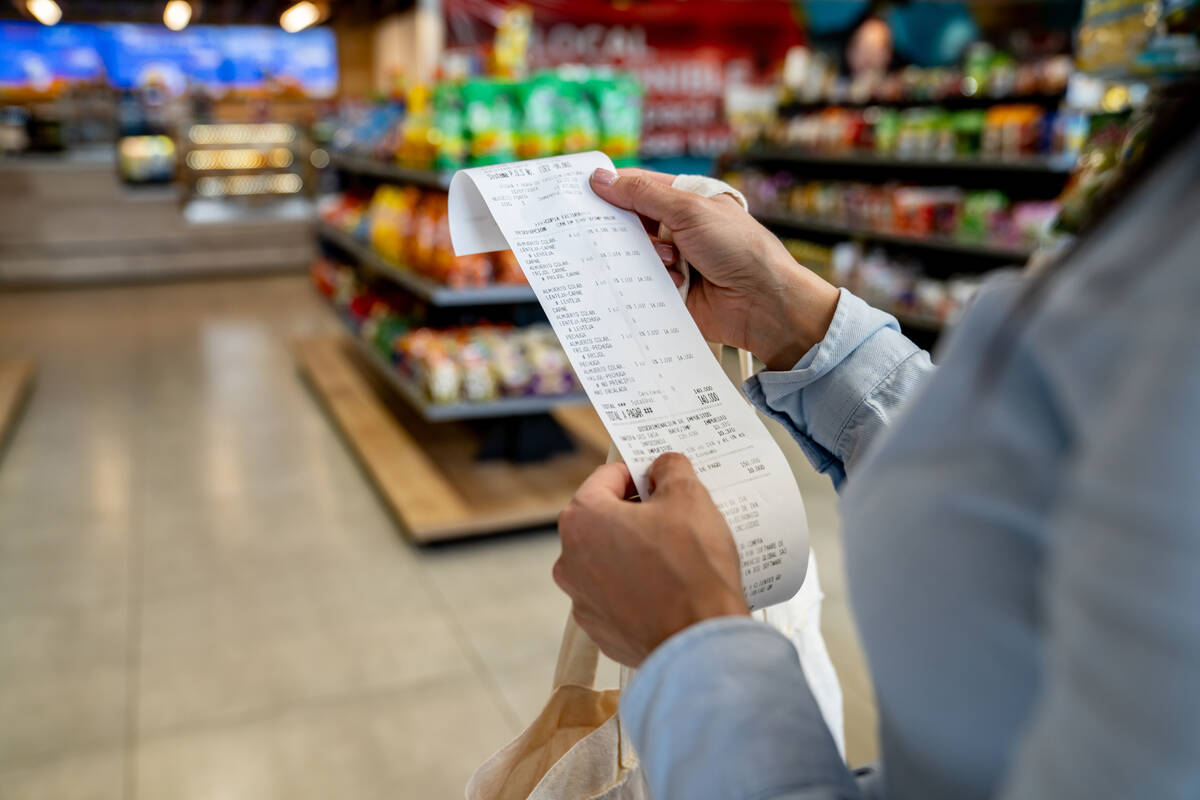
Canada December retail sales down 0.4 per cent; seen up 1.5 per cent in January
Canadian retail sales decreased by 0.4 per cent in December to $70 billion on a monthly basis, led by a drop in sales at motor vehicle and parts dealers, Statistics Canada said on Friday.
International economic sanctions, meanwhile, have bitten into Russia’s outbound shipments. Countries including Canada and Britain have already shut their ports to Russian vessels and other jurisdictions including the U.S. and European Union are reported to be considering same.
A number of countries were said to be turning to the E.U. and North America in hopes of filling gaps in their import needs.
Anderson suggested the market could see a number of limit-down days, in a similar manner to the limit-up days experienced during the first part of the week of Feb. 28 for some commodities, such as wheat and soybeans.
Delegations from Russia and Ukraine continued to meet in hope of reaching a cease-fire agreement. However, the chances for such were said to be very slim despite the fighting dragging on.
“These markets are highly overbought due to the war premium that’s going into wheat and crude oil. We got a speculative buying surge that won’t last,” Anderson said.
He forecast a “heavy week of volatility ahead” with prices for all grains and oilseeds.
To that end, Anderson said ProMarket was advising its clients to avoid buying the futures and going with put options instead.
“At least that way your only risk is the put premium.”
— Glen Hallick reports for MarketsFarm from Winnipeg.






